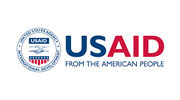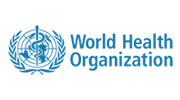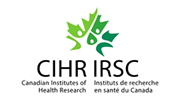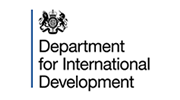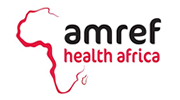Abstract
In a cluster-randomized trial conducted in 22 government secondary schools in Uganda, effects of a school-based intervention aimed at improving aspects of parent/caregiver-adolescent communication on sexuality were examined. The intervention comprised classroom-based education sessions, take home assignments for students to discuss with parents/caregivers and parenting workshops. Baseline and post intervention questionnaires were completed by students and by parents/caregivers. Effect estimates were significant for both students and parents/caregivers on sexuality communication frequency and quality, and for positive and negative attitudes towards sex-related communication, all in the desired direction with effect sizes ranging from 0.17 to 0.38. Effects on four sum scores related to general parenting proved significant only for parents'/caregivers' legitimacy with regard to rule setting (parents'/caregivers' reports only). These results suggest that in Uganda, using schools as gateways, parent/caregiver-adolescent communication can be improved through modification of existing school curricula, training teachers in learner-centered approaches and through mobilization and training of parents/caregivers.
KEYWORDS:
Adolescents; Africa; Parents; Sexuality communication; Uganda
